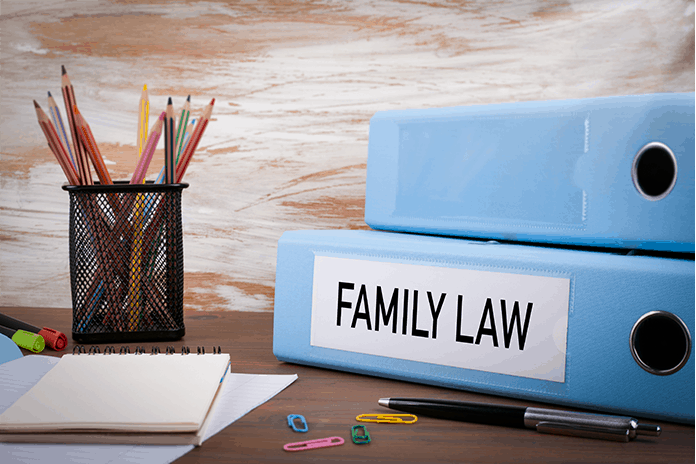The first three pillars of family law were established in part one of this series of posts. Divorce, alimony and post-divorce issues represent a hefty share of the family law attorney’s workload but there remain three more pillars to touch upon.
Child Custody
Family law attorneys begin by speaking to you about you and your ex. Bringing children into it and determining who makes which decisions about caring for them and spending time with them, is a more complicated matter. This requires some skillful, often delicate negotiation. There are weekly schedules to be established, not to mention holidays to be shared. In the state of New Jersey, the best interest of the children is the determining factor in major family law decisions.
Child Support
The state of New Jersey does not consider a child to be legally emancipated upon his or her eighteenth birthday. It is more complicated than that. Until the child is legally emancipated, however, a family law attorney and the court will ensure that any parent with a legal obligation to pay child support, fulfills that obligation. New Jersey Family Courts use child support guidelines to make sure that children are financially supported at a level commensurate with a parent’s income and the children’s needs.
Domestic Violence
Domestic violence may seem like a more severe transgression than any that family law is designed to address or prevent. However, if you or a child becomes a victim, or if you have been accused, you must seek legal protection. In New Jersey, the Prevention of Domestic Violence Act is a law that all family law attorneys must be familiar with.
When it comes to family law, the law continues to evolve. A whole host of services are now offered including adoptions, reproductive issues and equal rights for parenting children. As much as families change, they remain the same. The same can be said for family law and family law attorneys.




